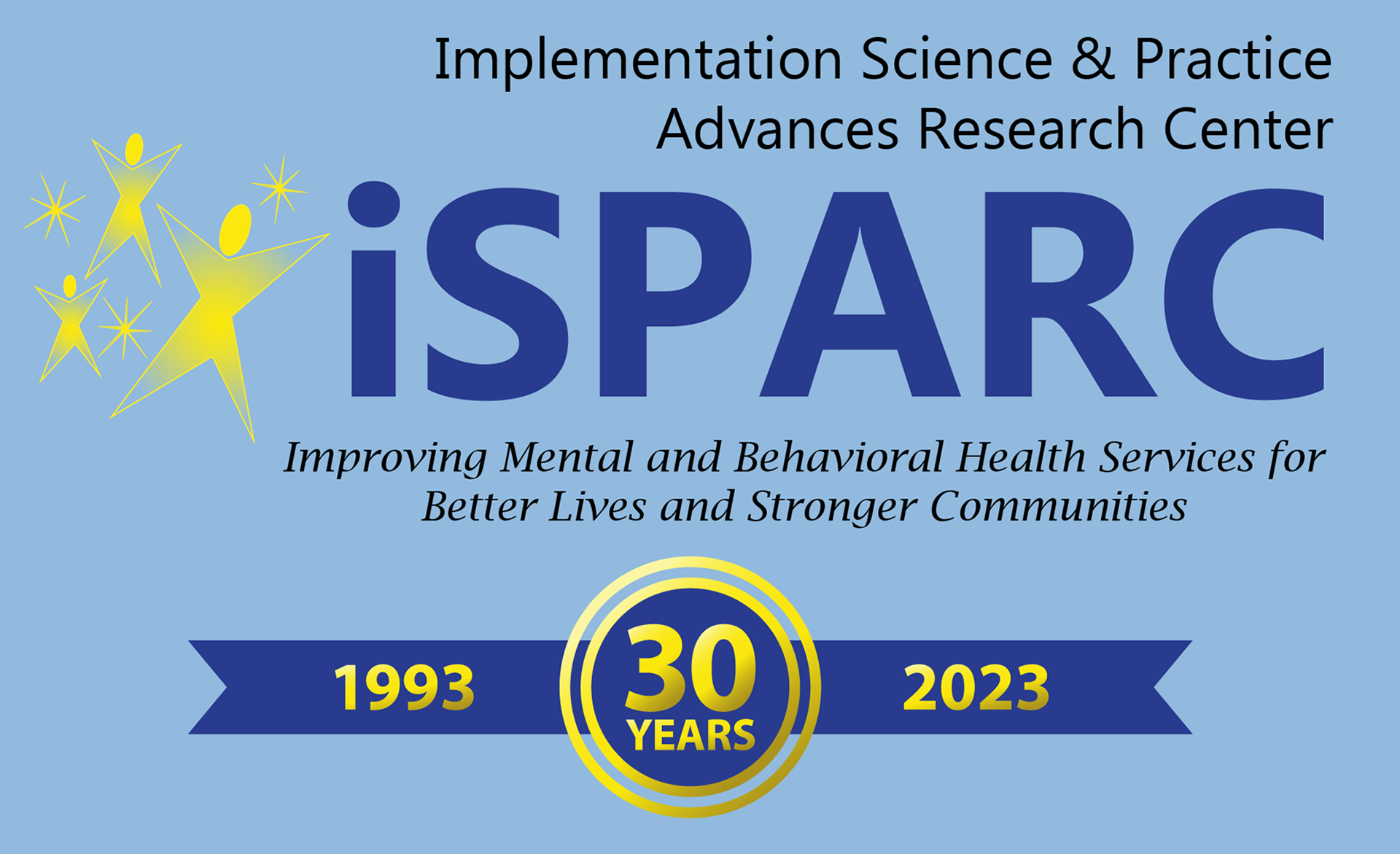Marsha Langer Ellison, a SPARC researcher, is PI of a pilot project to improve the academic standing and community re-integration of student Veterans with untreated health conditions
Promoting the Reintegration of Post 9/11 Student Veterans by Enhancing Academic Performance and Treatment Engagement
Date Posted: Tuesday, October 24, 2017 
Study team: Marsha Langer Ellison, Ph.D., PI; Lisa Mueller, Ph.D., Co-I; Nancy Wewiorski, Ph.D.; Co-I; Michelle Mullen, M.S., Consultant
As much as 20% of returning Veterans have mental health conditions such as PTSD. However, many of these Veterans do not present themselves for mental health treatment or rehabilitation, often because of the significant stigma attached to having mental health problems. Failures and delays in entering needed treatment result in clinical and personal losses that lead to negative impacts on community integration and the eventual need for more intensive rehabilitation.
In the past year, more than 1 million Veterans or family members have used the Post 9/11 G.I. Bill to attend college. However, many of the newly returning Veterans enrolled in college face significant health challenges, and do not seek out care. One strategy to reach these untreated Veterans is the VA’s Veterans Integration to Academic Leadership (VITAL) program. VITAL promotes clinical engagement by deploying a clinician to college campuses to conduct outreach activities. VITAL programs were based on knowledge that colleges provide a strategic setting to reach newly returning Veterans on college campuses.
This project seeks to address the academic needs of student Veterans who are at risk of loss of academic status or drop-out. By dealing with barriers to academic success (e.g., memory loss, anxiety, poor organizational skills, or simply community reintegration issues) a VITAL provider can improve academic performance and facilitate access to needed health and mental health care services. The aims of the proposed study are:
1. Develop a manual for Veterans on college campuses that combines VITAL and supported education (VITAL-SEd).
2. Test the VITAL-SEd manual with up to 10 Veterans in an open trial.
3. Conduct a randomized controlled pilot study of VITAL-SEd compared to treatment as usual at community colleges.
